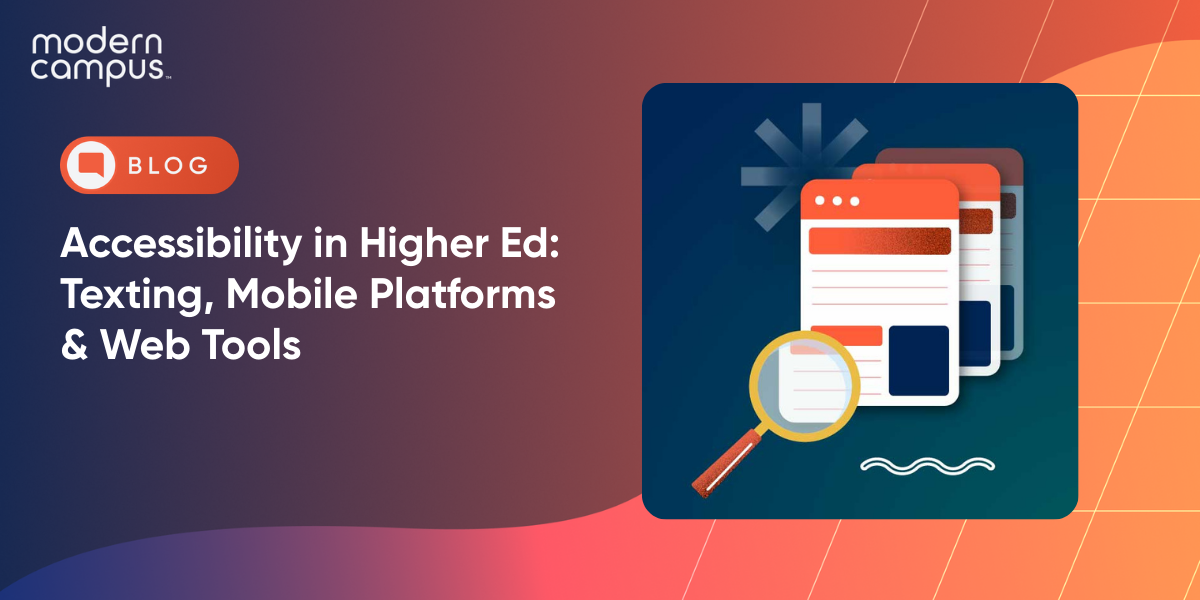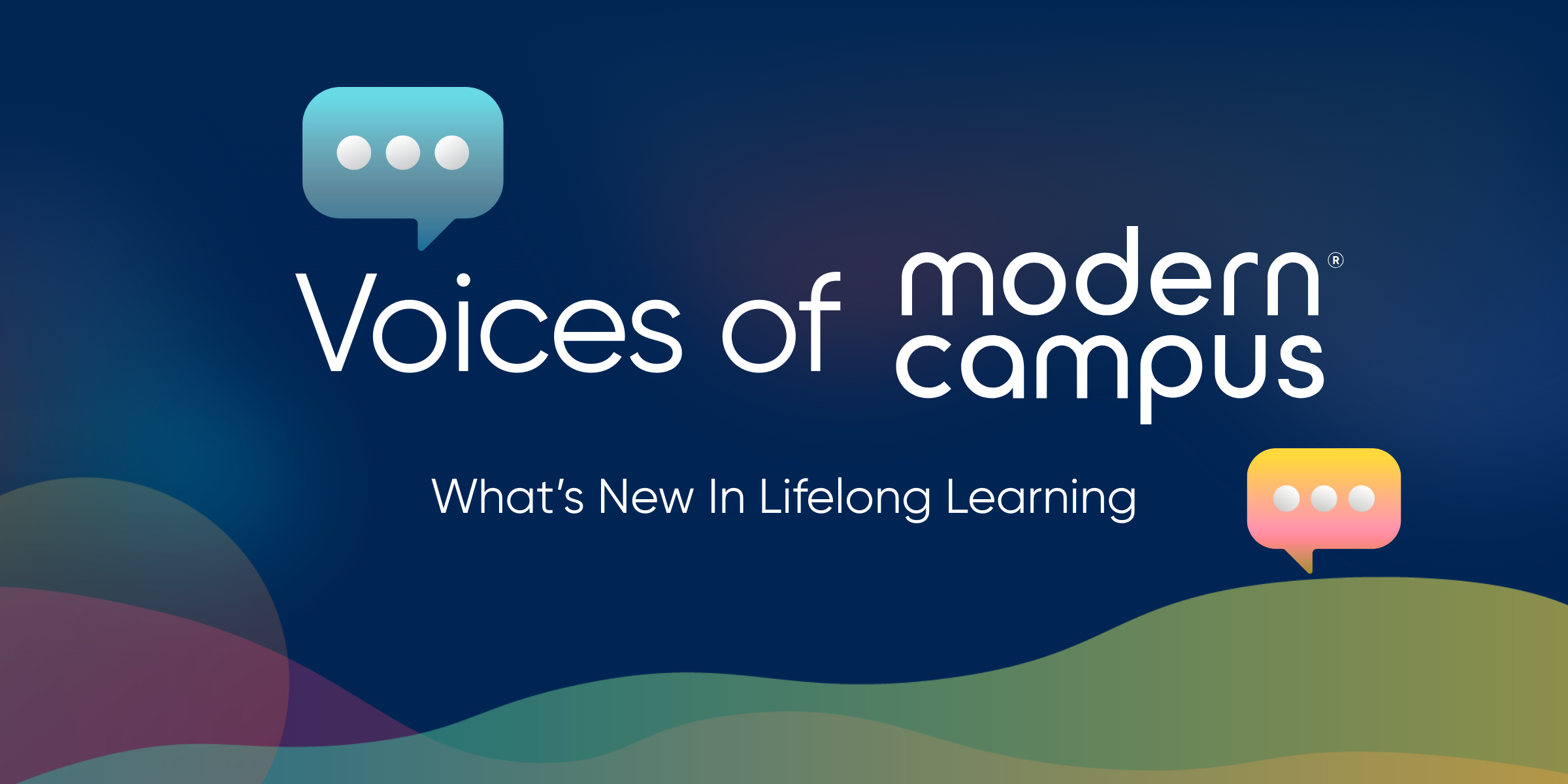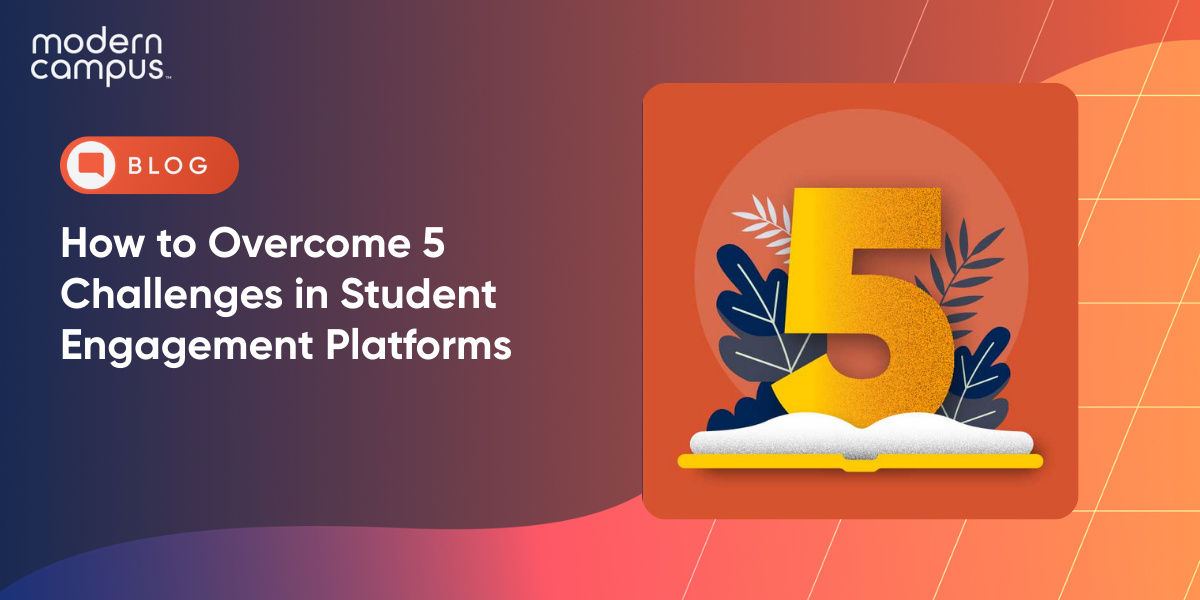To Serve Community Colleges, A Customer Service Mindset is Essential
Community colleges serve an essential role in supporting the success of individuals, employers and the economy.
As the front door to economic mobility, two-year institutions provide access to education to the most vulnerable and underserved audiences. They offer pathways to academic success, credentials relevant to real-world outcomes, and opportunities to secure jobs that lead to lasting careers.
“College education used to be only for very wealthy people of a certain age,” said Gail Mellow, President of LaGuardia Community College, in an interview with The EvoLLLution. “We need to rethink that, because education is the foundation of our democracy and a viable globally competitive workforce. By rethinking higher education’s purpose, we serve our higher mission.”
Of course, as part of that rethinking process, it’s critical for college leaders to consider the genuine needs and outcome expectations of the learners coming through their doors. For many community colleges, this means recognizing that students aren’t just coming for associates degree programming—or the opportunity to transfer to a four-year institution. They’re enrolling for workforce training that will get them a job. They’re looking for just-in-time learning engagements designed to support their career entry and ongoing success.
While this might seem obvious to many, the extrapolation from this demand points to an evolving characteristic in students that still creates discomfort for college leaders across the United States.
Being responsive to learner expectations by developing and offering programming that meets their needs necessitates treating students like customers in every aspect of their engagement with the college.
“When it comes to whether we believe students should be treated as customers, our beliefs on that matter are largely irrelevant because, in practice, the students are already customers—and they behave accordingly,” said Ian Roark, Vice President of Workforce Development at Pima Community College, in an article published on The EvoLLLution.
This means, in addition to offering programming responsive to their needs and support mechanisms designed to address their unique obstacles, community colleges need to find ways to deliver a customer experience also responsive to the needs of their customers.
I can’t put it better than Roark did in a second EvoLLLution piece, an interview, we did in 2018:
“Students expect personalization and authenticity, but community colleges are traditionally built on a one-size-fits-all strategy. We build programs and systems that are predicated on the past notion that the majority of our students are coming to us right out of high school and can attend our institutions full-time, and that the world revolves around a semester-based academic schedule.
The reality is that the vast majority of our students are not of that age group. They’re working adults and they need customization—not out of a sense of entitlement, but because their lives are complex. Customization is about access—something we educators often value from a social justice standpoint—and the customer satisfaction that comes from it is an added bonus. We should be pursuing these technologies and modalities with gusto because they provide students with greater access to the programs and services that we provide. These tools and technologies should be viewed as a bridge to greater access to the education people want, need and deserve.”
So, what does it take to deliver the kind of customer experience that is going to entice enrollments from learners who need the programming offered by the community college, and support their persistence through their chosen offerings?
According to Jeff Fanter, Vice President for Enrollment, Communications and Marketing Management at Ivy Tech Community College, it requires the community college to look at—and mirror—the customer experience being delivered by leaders across the eCommerce space.
“People’s expectations have changed in terms of what they expect from colleges because they can easily compare to the service they expect to get from any company,” Fanter said in an interview with The EvoLLLution. “Today’s students’ expectations are no different for us than when they make a hotel reservation: They’re looking for immediate feedback.”
One hallmark of the eCommerce industry—something giants like Amazon and Uber and other leaders have built their names on—is offering customers the ability to own their own experience.
Customers log into their accounts, find the product or service they want, punch a button and the process begins immediately. They get immediate confirmation of their purchase and a live tracker showing its progress to delivery.
In higher education, customers are often left in the dark about what they’ve ordered and its progress to delivery/acceptance. At community colleges, who are serving incredibly stretched and stressed individuals, this lack of transparency and ownership can mean the difference between registration and disappearing. It can mean the difference between a completer and a dropout.
Why don’t we give customers immediate provisioning into course materials when they register? Why don’t we show them the progress of their application, whether it’s being reviewed, rejected, or accepted? Why don’t we allow them to log into their account to register for, or drop, courses? Or to get their transcripts and receipts on-demand?
These are basic functionalities for any other industry, but in higher education we’re leaving our customers to struggle through processes designed for a college operating on paper and pen.
Self-service needs to be part of every community college’s customer service infrastructure—an environment that gives control of the experience back to the learner.
How to Increase Continuing Ed Revenue with a Modern eCommerce Experience
Learn how using modern eCommerce principles drives revenue in Continuing Education.
Last updated: February 1, 2021



